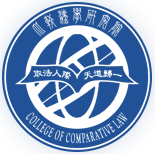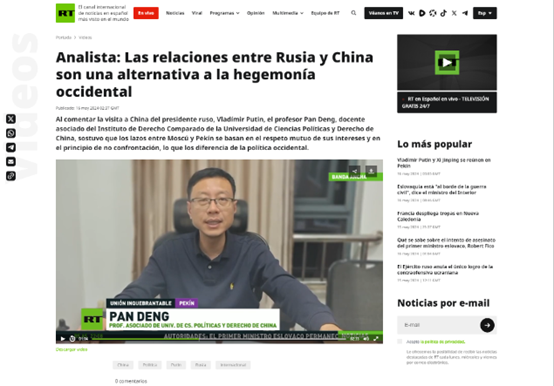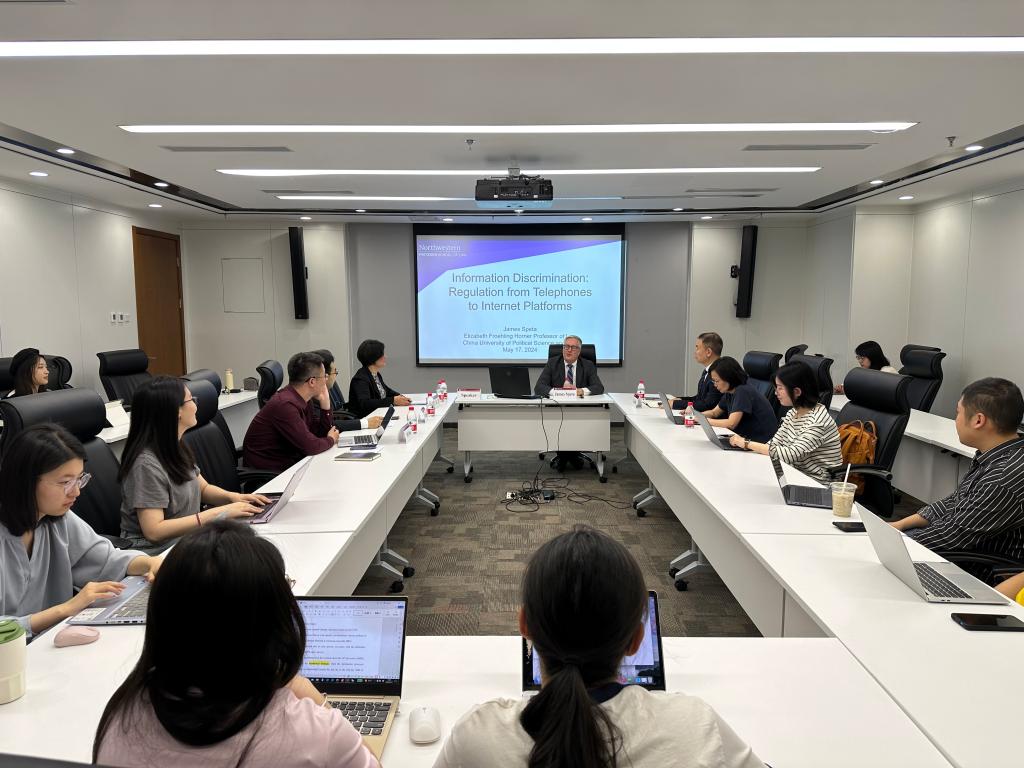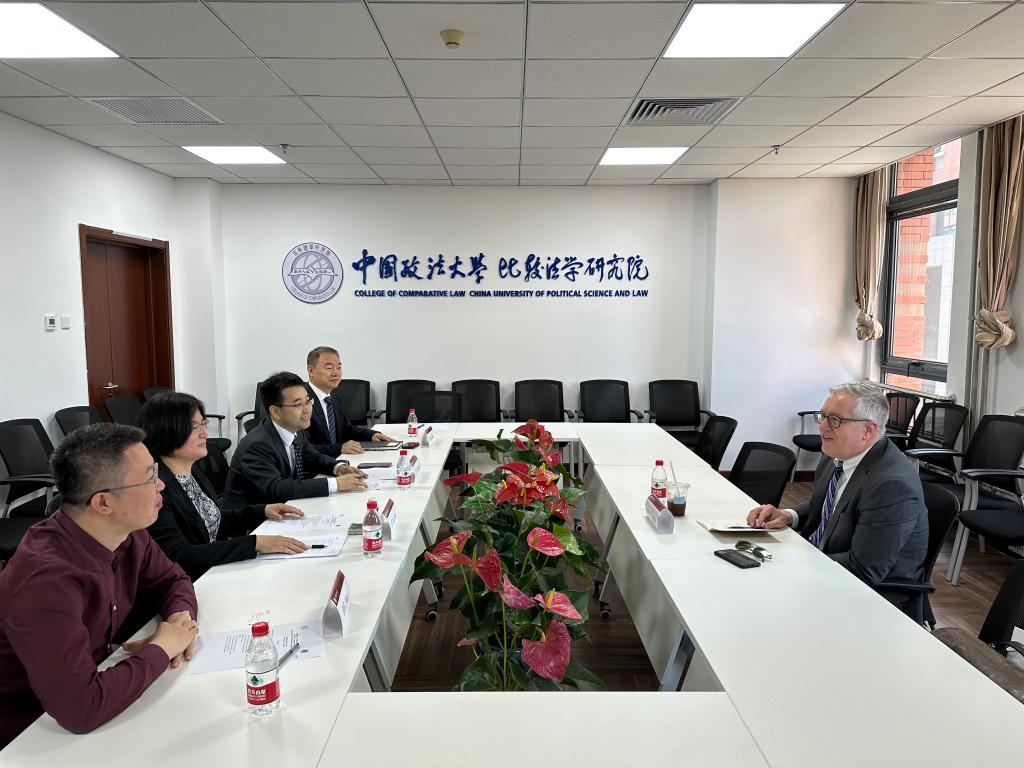Professor Srđan Šarkić, distinguished medieval European jurist and professor of law at the Faculty of Law of the University of Novi in Sad Republic of Serbia gave a lecture on Roman Law Influence on the Following Centuries: the Example of the Serbian Medieval Law to the students on Xueyuanlu Campus on the evening of 24 Oct, 2019.
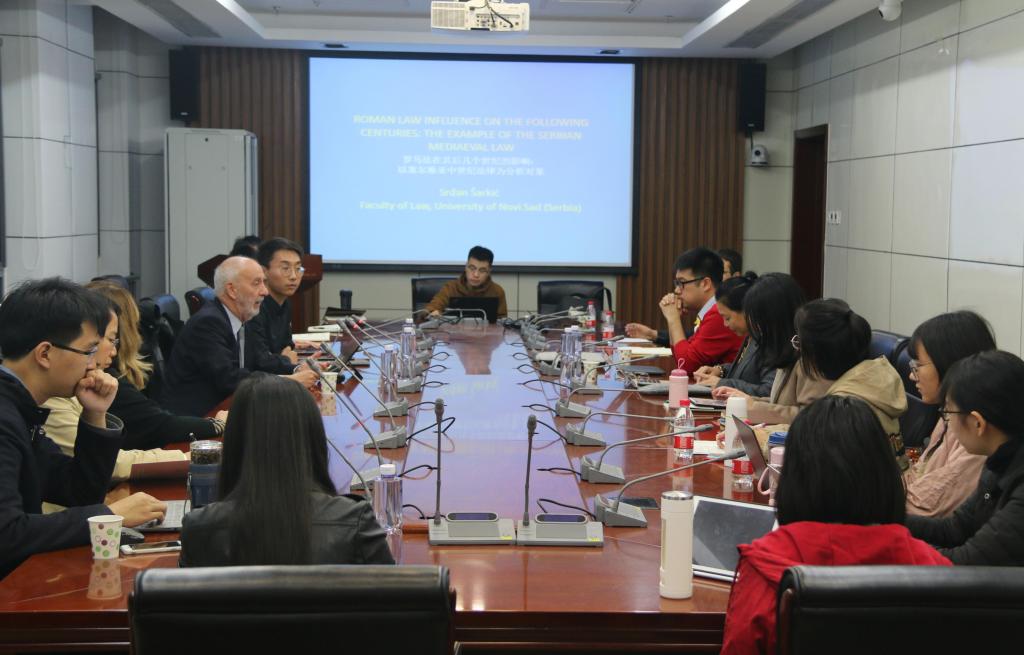
Prof. Fei Anling from the Institute of Sino-Italian Law and Roman Law of the College of Comparative Law moderated the lecture. This lecture was the tenth of the serial celebrating lectures on the 10th Anniversary of the College, and it was also the first of CUPL•Roman Law and Italian Law serial lectures.
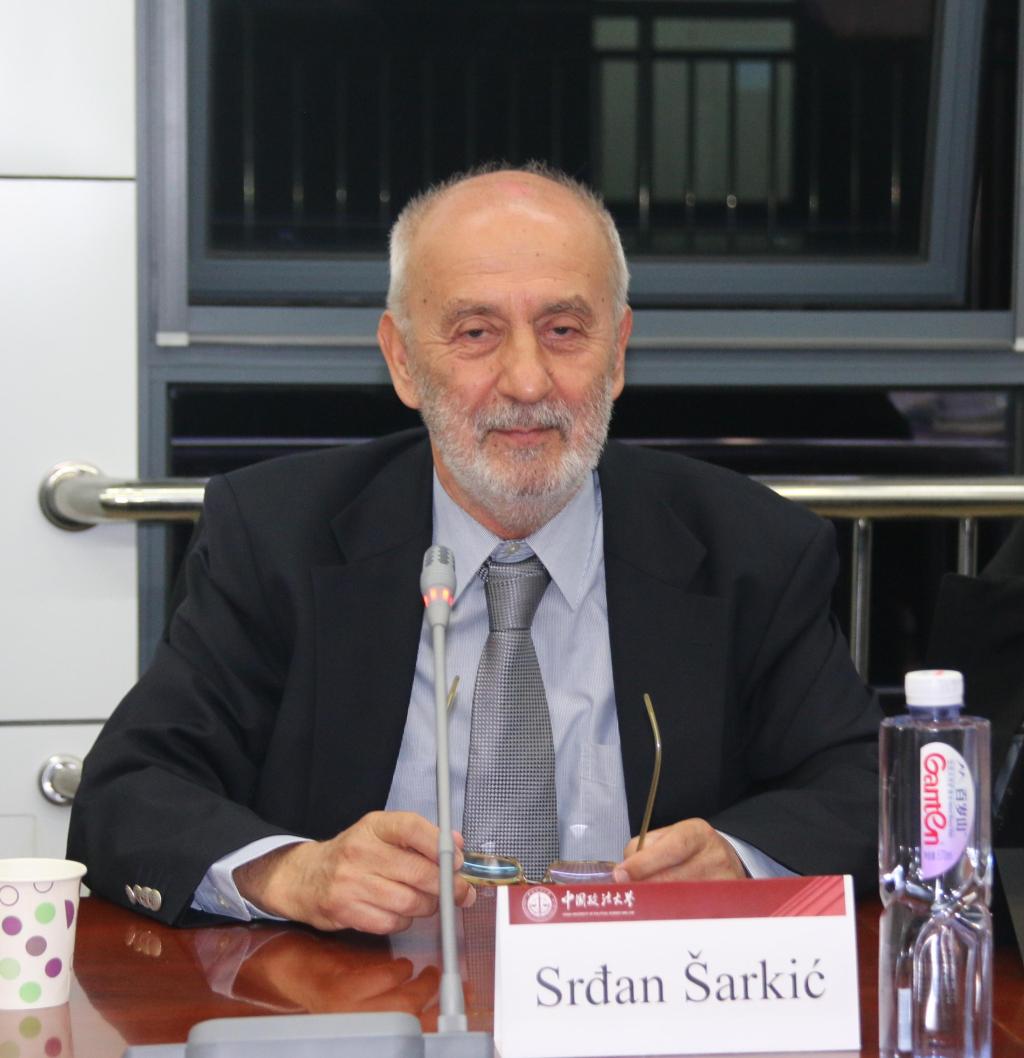
Prof. Šarkić's field of expertise is Byzantine law and Serbian medieval law, mainly for students to explain medieval Roman law on the impact of Serbian law, and his lecture focused on the impact of medieval Roman law on Serbian law.
At the beginning of the lecture, Prof. Šarkić presented the changes in the territory of the state of Serbia, gave a lively introduction to the history of the country and taught the origin of Serbian law as a whole and its relationship with Roman law, laying a historical foundation for the interpretation of Serbian medieval law. After the students had a preliminary understanding of the history of Serbia and the origin of its law, Šarkić turned to a detailed introduction to the Dushanovich Code, following the clues of time and literature.
He also noted how medieval Roman law influenced Serbian law, namly, the Byzantine Empire hellenised the Roman law from Latin version and then medieval Serbian jurists translated Greek version into Serbian. In the process of legal transplants and translations, the deep meaning of many laws had changed, the most notably of which was that after the ancient Roman jurist Ulpian’s translation to Serbian, who believed that the law (Ius) was derived from justice (Iustitia), the Ius-Iustitia relationship ceased to exist.
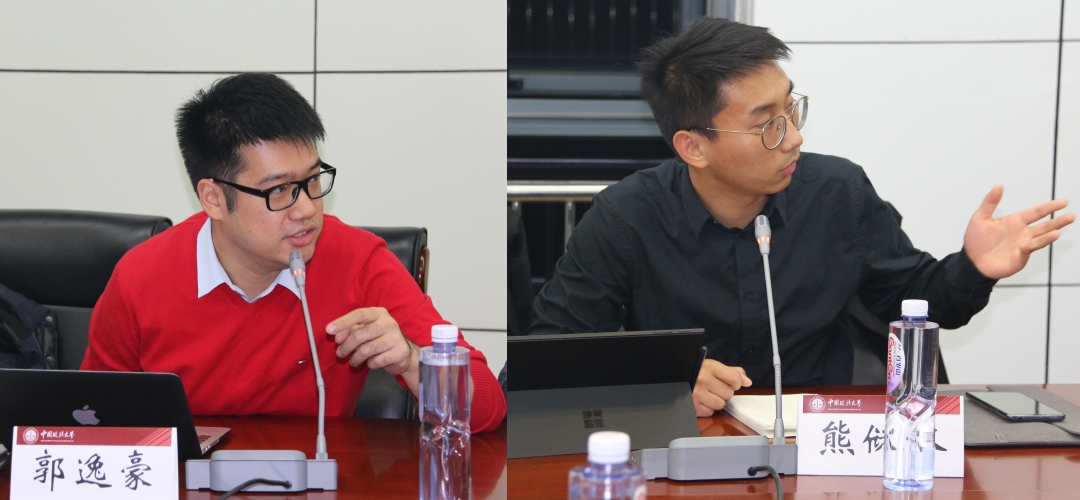
Guo Yihao then exchanged views with Šarkić on whether there was a revival of Roman law in Eastern European countries and how to resolve conflicts between Byzantine law and Serbian customary law.
During the Q&A session, the students asked questions about the conflict norms in Serbian medieval law, the difficulties of translation in the formation of Serbian law, and the provisions of Serbian medieval law on marriage and the family, Šarkić answered each question patiently and carefully.

At last, Fei Anling summarised the lecture. She said that the content of the lecture can be concluded into two key words, one is Roman law and Serbian law, and the other is translation. She hoped that through this lecture the student could broaden their horizons and expand their mentalities in the process of future study. She also pointed out that CUPL has opened a free Latin teaching module and students are welcome to sign up in advance to attend the lectures.
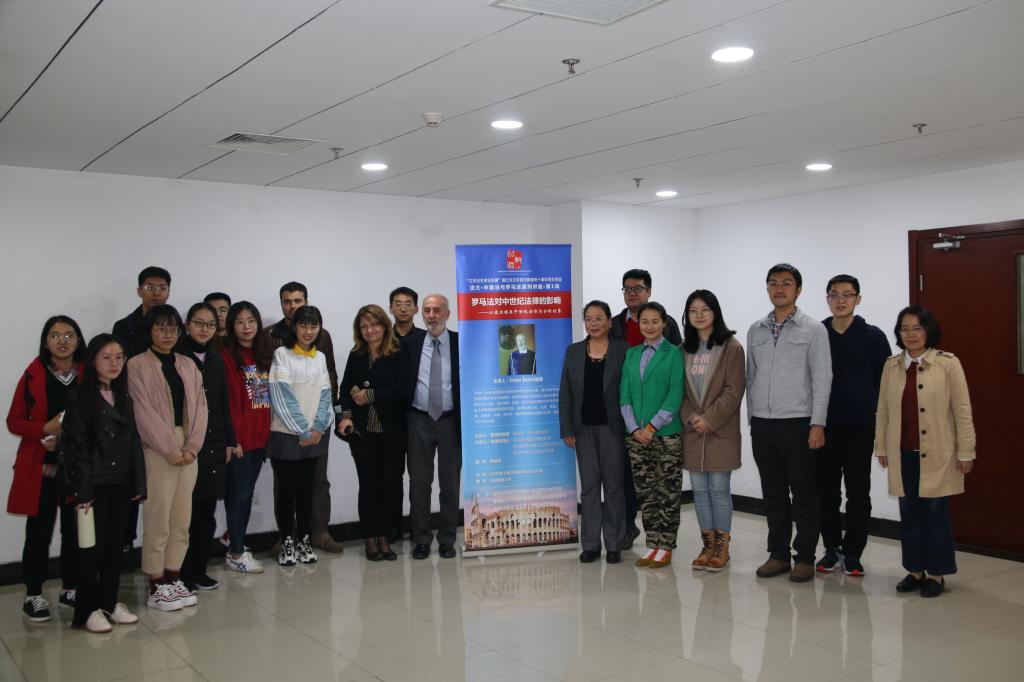
The whole lecture came to a successful conclusion with warm applause from the students.





